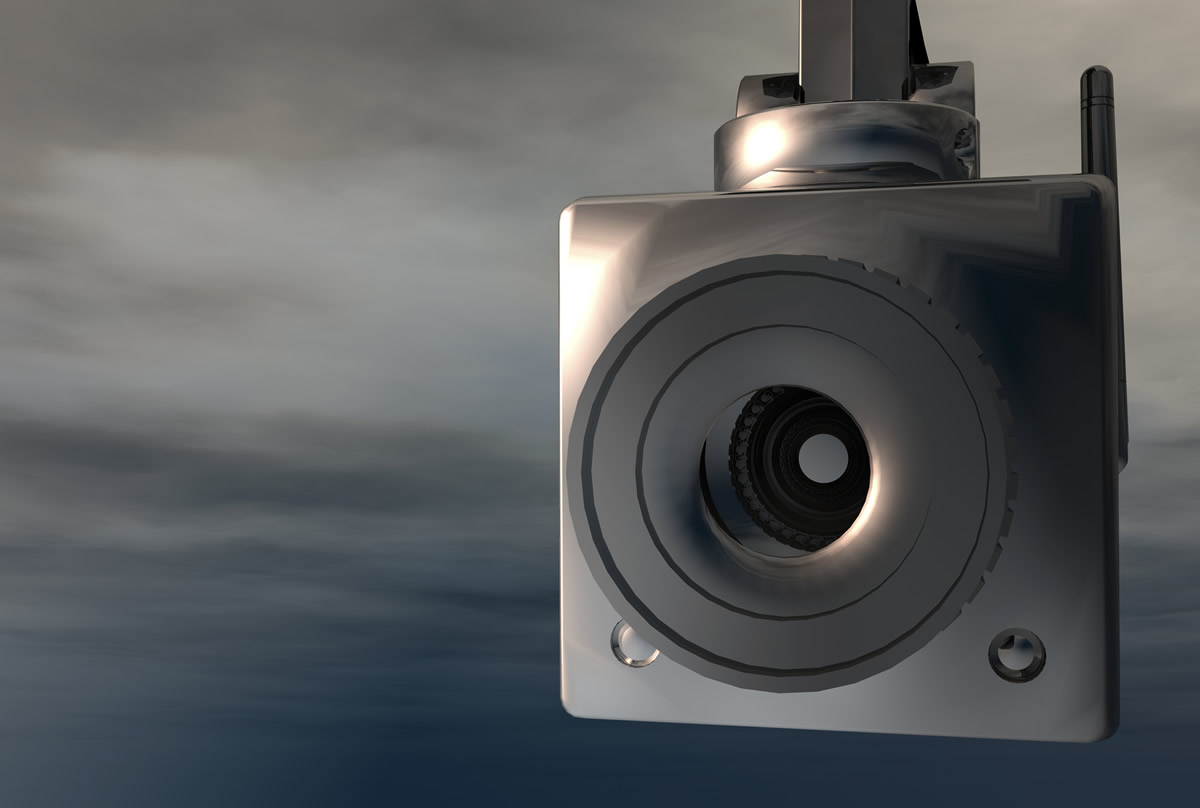Since its enactment shortly after the September 11, 2001, terrorist attacks, the USA PATRIOT Act has been one of the most controversial pieces of legislation in American history. Officially known as the Uniting and Strengthening America by Providing Appropriate Tools Required to Intercept and Obstruct Terrorism Act, the law aimed to enhance national security by expanding the powers of law enforcement agencies to surveil and detain suspects. Over two decades later, the question arises: Is the Patriot Act still in effect?
Background of the Patriot Act
The Patriot Act was signed into law on October 26, 2001, as a direct response to the security vulnerabilities exposed by the 9/11 attacks. The Act significantly lowered the thresholds for the government to carry out searches and wiretaps and expanded the types of activities that could trigger such actions. It also broadened the definition of terrorism, making more activities potentially subject to surveillance and enforcement actions.
Key Provisions and Controversies
The Patriot Act’s most contentious provisions involve surveillance and data collection. Section 215, for example, allowed the FBI to order any person or entity to turn over “any tangible things,” so long as the FBI specified that the order was for “an authorized investigation…to protect against international terrorism or clandestine intelligence activities.” This section was widely criticized for allowing the government to collect telephony metadata from millions of Americans without a warrant.
Another controversial component was the “lone wolf” provision, which permitted the surveillance of individuals suspected of terrorist-related activities without any demonstrated affiliation with a terrorist group.
Reauthorizations and Modifications
Since its initial passage, the Patriot Act has undergone several reauthorizations and amendments. Each reauthorization brought debates and discussions about privacy, civil liberties, and national security. In 2015, the USA Freedom Act amended the Patriot Act, specifically ending the bulk collection of telephony metadata by the NSA under Section 215 and instituting reforms intended to increase transparency and impose stricter limits on government surveillance powers.
Current Status
The key provisions of the Patriot Act, including the “lone wolf” and “roving wiretap” provisions, were reauthorized through March 15, 2020. However, as of that date, Congress has not passed further reauthorization. While these provisions have technically expired, the implications are somewhat nuanced. Law enforcement and intelligence agencies still possess significant powers under remaining parts of the Patriot Act and other laws, such as the Foreign Intelligence Surveillance Act (FISA).
The Broader Impact
The debates surrounding the Patriot Act and its provisions reflect broader concerns about the balance between national security and individual privacy. While proponents argue that such measures are necessary to protect the country from threats, critics point to the potential for abuse and the erosion of civil liberties.
Conclusion
While certain provisions of the Patriot Act have expired, its legacy and broader impacts continue to influence U.S. law enforcement and intelligence operations. The discussions it generates remain relevant as technology evolves and new security challenges emerge. As such, while the letter of the Patriot Act may not be fully in effect, its spirit and much of its content still shape the landscape of American surveillance and security policy.




Leave feedback about this